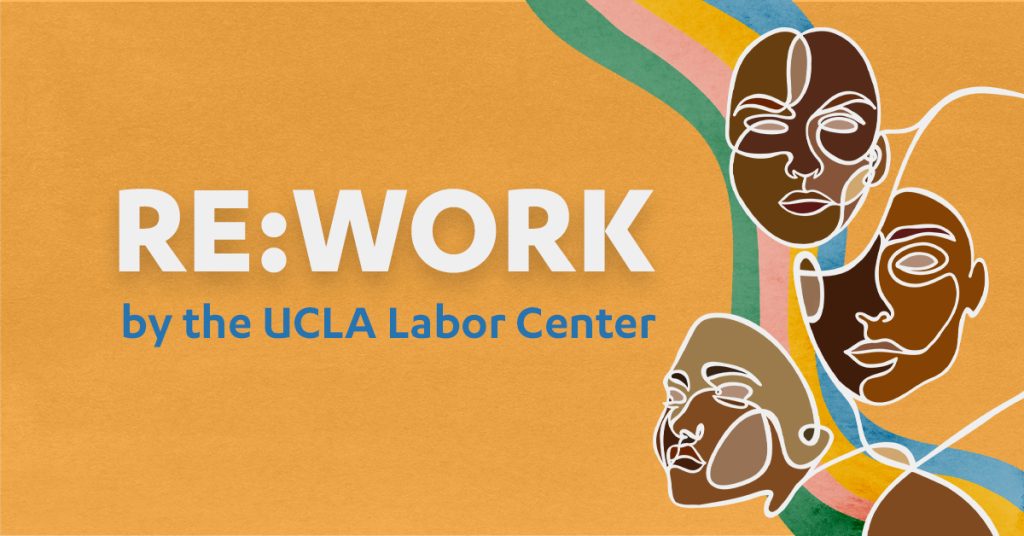Taken for a Ride: Poverty and Food Insecurity Among Workers at Universal Studios Hollywood
By: Katherine Marino, Victor Narro, Jacqueline Rayfield
Universal Studios Hollywood, the self-described “Entertainment Capital of L.A.,” has long been a draw for both Los Angeles tourists and Southern California residents. The theme park, and its associated retail dining district called City Walk, are a thriving business and major source of revenue for the park’s owner, NBCUniversal.
Hidden from guests’ view, however, are the living conditions and daily struggles of the over 6,000 service, retail, and other workers on whom Universal Studios Hollywood relies to make this environment possible: bartenders, baristas, cooks, bakers, food stand attendants, servers, runners, ride operators, retail workers, parking attendants and valets, toll booth attendants, tour guides, park services workers, and many others.
Taken for a Ride: Poverty and Food Insecurity Among Workers at Universal Studios Hollywood, the latest report released by the UCLA Labor Center and the UCLA Institute for Research on Labor and Employment, focuses on the working and living conditions experienced by workers at Universal Studios in California. Based on a survey completed by 1,330 Universal Studios Hollywood workers, the sample represents nearly a quarter of the average year-round workforce in the two largest groups of workers at the park: a unit of food service workers represented by UNITE HERE Local 11and a unit of retail workers, tour guides, and a variety of other positions represented by IATSE B192. Both unions collaborated on this project. The authors complemented these surveys with detailed qualitative interviews with approximately twenty workers and with company data.
Among other findings, the report notes:
- Universal Studios pays more than two-thirds of its workers the minimum wage, and even long-tenured workers are paid only slightly more.
- A strong majority of workers reported struggling to make ends meet, with more than a quarter taking on a second job.
- Many Universal Studios workers face housing insecurity, including homelessness.
- Universal Studios workers reported alarming rates of food insecurity and hunger.
- A quarter of Universal Studios workers turn to public assistance for food.
- Most Universal Studios workers commute long distances, in part because they cannot afford to live closer to work.
- Universal Studios workers with children struggle to afford childcare and other necessities for their families.
- Universal Studios workers also reported being unable to obtain basic healthcare or struggled to afford it.
Authors recommend:
- Raising the minimum wage for workers at theme parks and related businesses.
- Considering a surcharge to pay for workforce housing for theme parks and other tourism workers.
- Requiring onsite childcare for theme parks and other large tourism employers.
- Conditioning tax subsidies for theme parks and studios on payment of fair wages and benefits to service workers.

